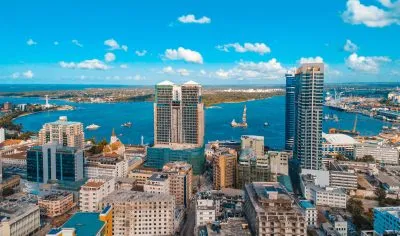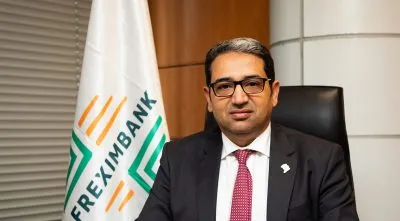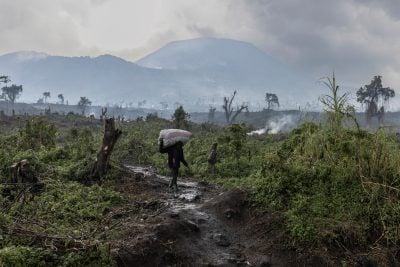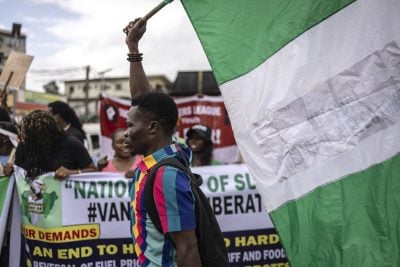Many of the small businesses on which so many African livelihoods depend are threatened by the spread of COVID-19. Governments must take measures to support this vital sector, says Wayne Hennessy-Barrett, CEO and Founder, 4G Capital
As Africa responds to the COVID-19 outbreak, it must balance managing the infection without threatening the most vital, yet excluded, segment of the economy – the informal sector.
The majority of the 150,000 informal micro-businesses 4G Capital has served in East Africa operate in crowded open-air markets. They provide affordable food, medicine and daily provisions to densely inhabited local villages and towns. Here, isolation and social distancing are impossible. The lack of access to running water and sanitation add to their difficulties. According to a survey conducted by the Kenya Integrated Household Budget, 80% of living quarters have no place for handwashing near a lavatory.
The continuation of micro-enterprise trading is critical to the welfare of local communities and the broader economy. Africa’s informal sector provides over 80% of employment and contributes over 50% of GDP.
As COVID-19 spreads, the majority of Africa’s population may have no option but to prioritise their economic needs over the health implications of the virus. This is not through ignorance, but because national welfare systems are still developing and the government safety nets available in the UK, Europe and elsewhere are not available to them. The recently announced reduction in VAT and PAYE is a bold, welcome and sincere measure. Regrettably, it will not help 95% of Kenya’s businesses who operate in the informal economy. They need to trade to live.
Governments across Africa must make provisions for these markets to remain open. In Africa, we are best known for our innovation and creative problem-solving. We might take advantage of the closure of schools and suspension of sports events to utilise large open fields as temporary market places where necessary to enable greater social distancing and distribution of essentials.
4G Capital and other industry leaders have formed a coalition to provide access to sanitisers and handwashing facilities for communities in greatest need. The company will continue to adapt its procedures to ensure business continuity and the safety of clients and employees. 4G Capital has over 100 local branches across Kenya and Uganda, and all will operate within government guidelines. 4G Capital’s clients can access its services seamlessly over its mobile technology platform, allowing them to continue their critical economic activity throughout this challenging period.
Financial inclusion and access to health services are more critical than ever. We have all been forced to realise how connected we are, how the well-being of our neighbours, rich or poor, is as important as our own. We are each other’s keeper.
Beyond the immediate crisis, we must plan to rebuild the global economy in a way that gives fair value for everyone. We can re-start globalisation in a way that recognises everyone’s contribution, and doesn’t allow the exploitation of those with fewer advantages. The COVID-19 virus allows us to demonstrate the strength and necessity of Social Enterprise as the “new normal” for business.
Want to continue reading? Subscribe today.
You've read all your free articles for this month! Subscribe now to enjoy full access to our content.
Digital Monthly
£8.00 / month
Receive full unlimited access to our articles, opinions, podcasts and more.
Digital Yearly
£70.00 / year
Our best value offer - save £26 and gain access to all of our digital content for an entire year!
 Sign in with Google
Sign in with Google 


